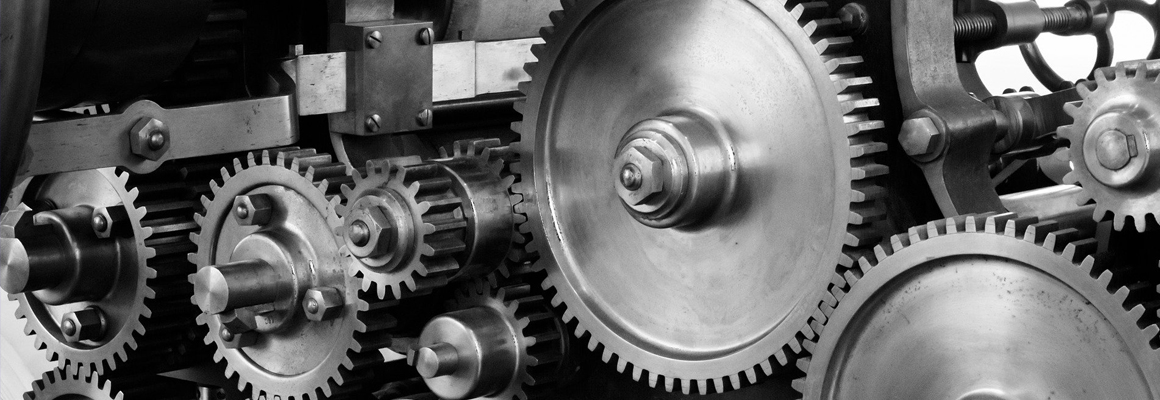Transform Waste Woes: How Modern Incineration Systems Solve the Crisis
Understanding the Waste Management Crisis
Globally, the increasing volume of waste generated daily poses a significant challenge for communities and governments. Landfills are overflowing, and traditional waste management methods are becoming inadequate. As urban populations continue to swell, the urgency for innovative waste management solutions intensifies.
If you want to learn more, please visit our website Incineration System.
Why Incineration is Gaining Popularity
One of the emerging solutions to combat this crisis is the modern incineration system. These advanced technologies effectively reduce waste volume while generating energy, offering a dual benefit that appeals to municipalities aiming to tackle both waste and energy needs. Unlike older incineration methods that were often associated with harmful emissions, modern systems incorporate state-of-the-art filtration and scrubbing technologies.
Modern Technologies in Incineration Systems
Today's incineration systems utilize advanced combustion techniques that ensure high efficiency and low environmental impact. Features such as air pollution control and heat recovery mechanisms have transformed these systems into environmentally friendly alternatives. This evolution not only aids in the reduction of hazardous waste but also minimizes greenhouse gas emissions, thus contributing to sustainability goals.
The Benefits of Utilizing an Incineration System
The primary advantage of implementing a modern incineration system is the significant reduction in waste volume. By burning waste at high temperatures, these systems can reduce solid waste by up to 90%, significantly prolonging the lifespan of landfills. Furthermore, the heat generated during the incineration process can be harnessed to produce electricity or heat for local communities, enhancing energy independence.
Addressing Concerns About Emissions
While the benefits are substantial, concerns regarding emissions remain a prominent topic of discussion. However, modern incineration systems are equipped with advanced emission control technologies that mitigate the release of harmful pollutants. Continuous monitoring systems ensure compliance with stringent environmental regulations, providing reassurance that these facilities operate safely and minimize their ecological footprint.
Community Impact and Public Perception
The implementation of these systems often encounters resistance from local communities due to misconceptions about incineration. Educational initiatives and transparency in operations can help alleviate fears by showcasing the safety and efficiency of modern technology. By actively engaging with residents and addressing their concerns, municipalities can foster a more positive perception of incineration as a viable waste management solution.
The Future of Waste Management
As cities expand and waste production rises, innovative solutions like incineration systems will play a crucial role in waste management strategies. The dual benefit of waste reduction and energy production positions these systems uniquely within the environmental landscape. By prioritizing advancements in technology and ecological safety, communities can effectively navigate the waste crisis.
Conclusion: A Sustainable Path Forward
In conclusion, modern incineration systems present a promising solution to the mounting waste crisis. By embracing such technologies, communities can transform their waste problems into opportunities for cleaner energy and improved public health. The integration of effective incineration systems not only maximizes waste management efficiency but also contributes to a sustainable future.
For more information, please visit Waste Solution Equipment Factory.
214
0
0
All Comments (0)
Previous: What Are the Benefits of Reliable Multi-Wheel Sorting Equipment?
Next: What is the difference between single shaft shredder and double shaft shredder?
If you are interested in sending in a Guest Blogger Submission,welcome to write for us!




Comments